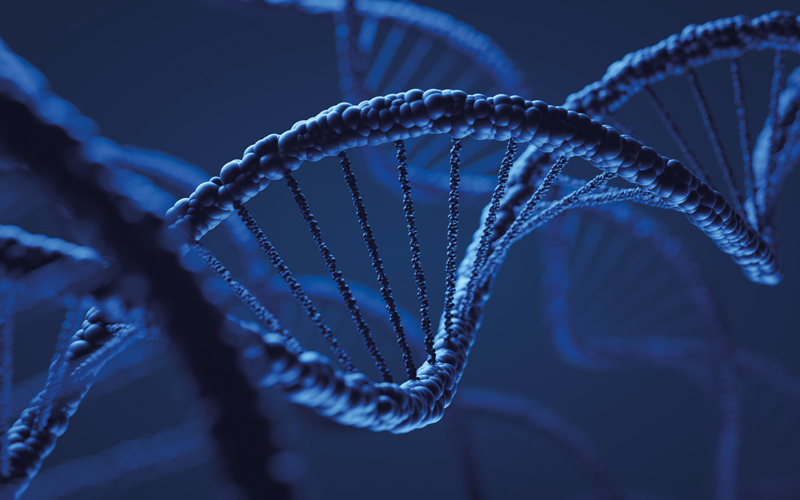New US research compares the data of newly diagnosed cancer patients who received two different types of tests to determine their course of treatment.

The tests were looking for high levels of microsatellite instability, which essentially means a person’s DNA has lost the ability to fix its own errors as it replicates.
Microsatellite instability is usually found in people with colon cancer and endometrial cancer, and it is important to identify as those patients are much more likely to respond to immunotherapy drugs, rather than to other cancer treatments.
The two tests were immunohistochemistry (IHC) and next-generation sequencing (NGS). IHC looks for mismatch repair proteins, which normally fix mistakes when DNA is copied but, when deficient, cause microsatellite instability. NGS is a broader approach that tests for genetic mutations associated with microsatellite instability.
NGS identified more patients with microsatellite instability. However, in US practices, oncologists use IHC much more often. The finding suggests that a change in testing could result in more patients receiving the right treatment for their cancers.
Image credit | iStock



